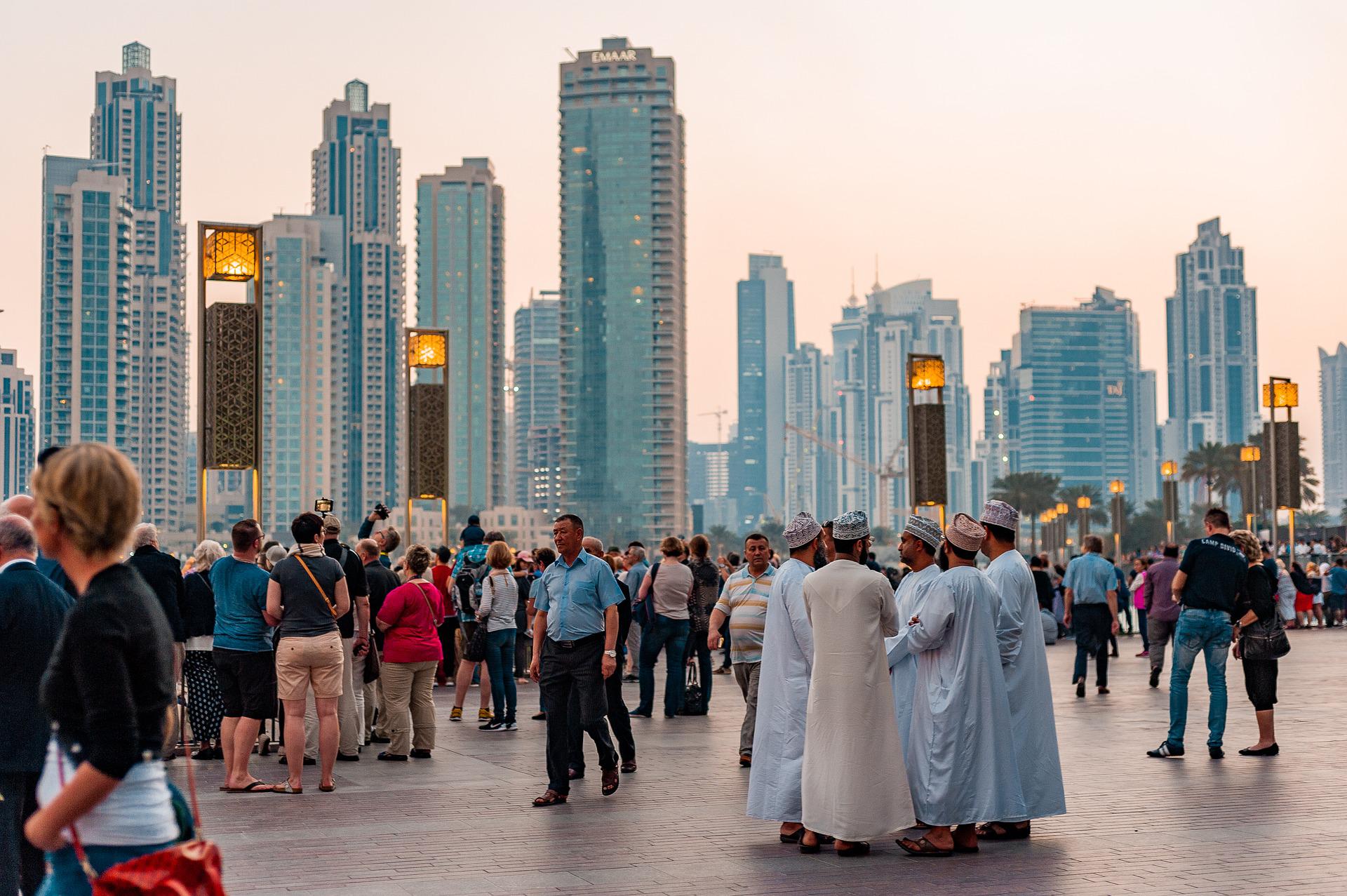Interdisciplinary Pathways

The Civil Society, Development and Democracy (CDD) Pathway seeks to comprehend the ways in which systems and institutions of governance, in both the richer and poorer parts of the world, are evolving in a period marked by pronounced forms of contestation and crisis. We live in an era of fundamental structural change, from the global financial crisis of 2008 to the Covid-19 pandemic and beyond, and amid both a looming environmental emergency and the so-called fourth industrial revolution typified by automation and the rise of giant digital monopolies. These trends and events have fundamentally challenged existing ways of ordering the world, as well as our understanding of development, democracy and citizenship. Responding to these fundamental challenges, the CDD Pathway addresses critical questions about the resilience of democracy, the extent to which particular forms of governance are legitimate, and how citizenship is exercised in different places throughout the world. In turn, recognising the way that these challenges are mediated by pronounced forms of inequality, both within and between societies, the Pathway interrogates the uneven development experienced by countries and regions with contrasting histories of growth and decay, and examines the kinds of public and social policies and agendas that shape development at the local, national, regional and global levels.
Digital Technologies, Communication and Artificial Intelligence
The Digital Technologies, Communication and Artificial Intelligence (DCA) Pathway focuses on the key contemporary challenges that emanate from the intersection of technology and society, and considers how new and emergent technologies such as artificial intelligence are transforming our understanding of the societal world and what it means to be human. This Pathway deals with a range of interconnected issues, examining how social dynamics shape and are shaped by digital infrastructures; the facilitative role of the internet and digital platforms in terms of identity-shaping, community-building, and societal change; how digital data is gathered and used by public and private organisations; the evolving relationship between digital platforms and corporate and state regulations in terms of platform governance, surveillance and censorship; the effects of metrics and algorithmic biases on information production, dissemination and use; and, the impacts and ethics of artificial intelligence in terms of supporting or displacing human endeavour. The DCA Pathway adopts a broad focus, examining such issues at the micro-level of individual practices through to the macro-level of global networks and transnational platforms; and pays critical attention to the socio-political disparities that exist in terms of access to infrastructure and unfiltered information.

Education, Childhood and Youth

The Education, Childhood and Youth (ECY) Pathway tackles the challenges faced by children, young people and learners of all ages in a rapidly changing world, including the realities and demands of learning and teaching for an unknown future; the ethics and changing nature of social justice in education; inequalities in educational provision, access and attainment; and the cognitive and social-emotional development of learners. The ECY Pathway adopts an encompassing approach to consider the formal and informal learning and development across the lifespan, from perinatal, to infancy and early childhood, through to adulthood. Reflecting the increasing precarity of the world for children and young people in particular, the ECY Pathway also considers the complex interplay between these issues and the broader social, technological, physical, political, policy, economic and environmental changes that young people throughout the world are experiencing. Reflecting its commitment to addressing these key challenges, the Pathway seeks to engage with the children and young people affected by change, their families and wider communities, and those who provide formal or informal education or pastoral support.
Security, Conflict and Justice
The Security, Conflict and Justice (SCJ) Pathway engages with key debates about the nature and driving forces of conflict; changing understandings of security and processes of securitisation; and the equitable access to justice and distribution of just outcomes. These debates are of critical importance as people throughout the world are exposed to war and conflict, extremism and terrorism, crime and new criminal markets, forced migration and trafficking, human rights abuses, gender and racial inequalities, and social deprivation. Moreover, people’s experiences of such issues are mediated by the institutional and economic context that they inhabit, with many states either failing to protect their citizens or actively pursuing harmful, detrimental or discriminatory policies. These important issues are inherently interlinked, as injustice is often a major source of conflict, and the question of ‘just security’ is highly topical and contested. Furthermore, injustice and insecurity are experienced by people in different ways on an everyday basis, as shown by challenges of social deprivation, unequal access to legal justice, the denial of minority rights, and deficiencies in the rule of law. The SCJ Pathway therefore develops novel and wider interdisciplinary perspectives to understand the nature of these societal challenges, and to develop better strategies for conflict resolution and securing justice – whether locally, nationally or globally.

Space, Place, Environment and Liveability

The Space, Place, Environment and Liveability (SPEL) Pathway focuses on the environmental and societal challenges that affect how people live their lives, organise their communities, and interact with the natural and built environment. Dramatic weather events provide clear evidence of the climate crisis; and the impacts of pollution, biodiversity loss, deforestation and soil erosion are experienced by people worldwide on a daily basis. However there are significant differences in terms of preparedness and resilience, which underscores the criticality of institutional and geographical factors, in both urban and rural settings, and within and between the Global North and the Global South. This Pathway seeks to address these challenges through the nexus of ‘liveability’, which places an emphasis on infrastructures and their resilience (the coverage and security of vital services such as transport, energy and water); shifts within the built environment (space and place, housing policy and practice); and, the impacts of changing patterns of settlement (rural displacement, urban flight, cross-border migration). In doing so, liveability also highlights the inequalities and injustices resulting from the impacts of environmental crises and from the public and social policies and approaches that seek to tackle these challenges.
Sustainable Growth, Business, Work and Economic Productivity
The Sustainable Growth, Business, Work and Economic Productivity (SBE) Pathway addresses key debates concerning the drivers of economic growth and productivity; evolving business and management practices; changing patterns of employment and understandings of the nature of work; equitable economic development within and between states; and the challenges of the transition to socially and environmentally sustainable economic futures. Within these grand challenges, the Pathway explores a range of interconnected issues relating to work and employment relations; labour markets, rights and protections; ownership, finance and financialisation; management, regulation and governance; wages, skills and welfare; competition and competitiveness; corporate social and environmental responsibility; and, sustainable production and consumption practices and alternative models of business. Debates about the future of work and the role of consumption in society are central to the Pathway’s interrogation of how we live now, and sustainability acts as a fundamental link across the Pathway themes. The SBE Pathway adopts a broad focus to consider productivity and sustainable economic growth at multi-level scales, from firm, to sectoral, at regional, national, transnational and global levels. In doing so, the Pathway seeks to make sense of the increasing volatility and fluidity of markets and supply chains, examining the implications of geo-political factors in terms of economic security and resilience.

Wellbeing, Health and Communities

The Wellbeing, Health and Communities (WHC) Pathway addresses the grand challenges for the health and wellbeing of individuals and communities, and engages with critical debates concerning the causes and effects of health inequalities within and between countries, along with the socio-political responses necessary to ensure equitable standards of good health amongst citizens from diverse backgrounds. Recognising that physical and mental health and wellbeing outcomes are inextricably linked to societal factors, this Pathway considers a range of interconnected challenges such as the impacts of gender, race and income on access to care and treatment; the shift towards an ageing society, rising care pressures and the promotion of healthy ageing; the disincentives and barriers to healthy living faced by individuals and communities; the impacts of changing patterns of employment, employability and unemployment on physical and mental resilience; the effectiveness and sustainability of established modes of healthcare provision; and, the nature of relations between patients and healthcare professionals. More broadly, the WHC Pathway engages with critical debates about health equity and justice to address the structural and/or policy barriers to health and wellbeing faced by the most marginalised in society.







